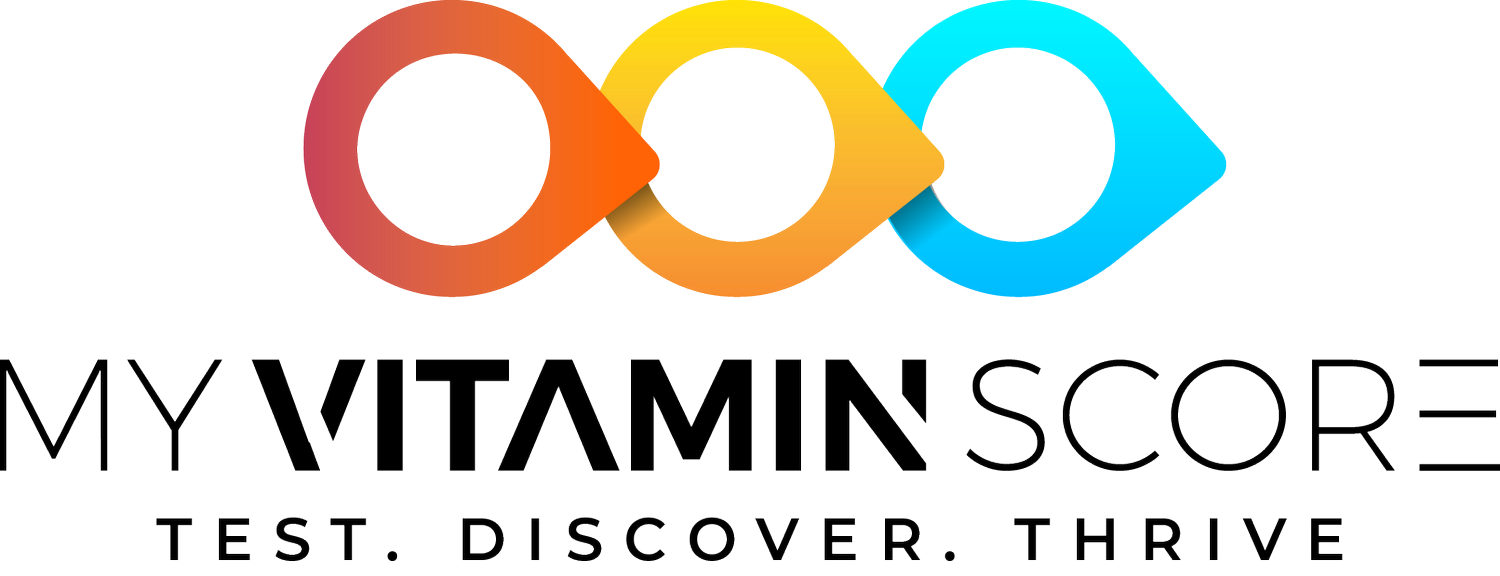The Best Time To Take Vitamins
The first thing to understand is that vitamins are derived from food, whether it be plant or animal source; they are found within foods naturally. Since this is their natural state, it is best to consume them this way, through food. When you take vitamins, and minerals for that matter, in their natural state there are other co-factors which, may not be necessary for your health, but help with the absorption and utilization of those vitamins and minerals. When you consume Vitamin C from citrus fruits you get bioflavonoids such as hesperidin which help with the uptake of Vitamin C and increase its therapeutic effectiveness.
That being said, the amount you consume in your diet may be enough to keep you from stark deficiency but less than is necessary for optimal cellular function. The amount required for optimal cellular function is difficult to define and varies in every person based upon a multitude of factors including age, overall health, diet, lifestyle, illness, genetics, environmental factors and more. The truth is most people require supplements to consume enough to meet their own unique biochemical and physiological demands. Taking supplements then, becomes a requisite for optimal health.
So when do we consume supplemental version of vitamins and minerals? The simple answer is, how nature intended them, with food. Consuming supplements with food ensures that there is adequate stomach acid to break down the pills and absorb what we ingest. The other benefit is avoiding the nausea that is possible when consuming certain vitamins, minerals, and combinations of either. If you have ever consumed Zinc on an empty stomach, you know exactly what I’m talking about. I do not recommend doing this unless you want a believable way to call in sick for work – this does not feel good at all.
When taking vitamins and minerals with food you also ensure that you can take advantage of the other cofactors and food elements that I mentioned earlier that elevate the utilization of these very nutrients.
You may have questions about individual nutrients as it is extremely common for people to take more than one supplement at the same time, and this is where things can get a little more complicated and a guide like this can be useful. Something else that you want to consider is not just which nutrients to avoid taking together but also other substances which can interfere with the absorption or utilization of nutrients. For example, you should never drink coffee or tea with an iron supplement as it acts as an antagonist. An antagonist is just any substance which hinders, blocks, or slows the absorption of a vitamin or mineral. In the case of Iron, drinking coffee or tea will hinder its absorption.
This chart below lists the main antagonists for each essential vitamin and mineral. Avoiding these will allow you to have the best possible absorption of the nutrients you are taking.
Vitamin A
Alcohol, coffee, cortisone, excessive iron, mineral oil, nitrites, sodium benzoate, UV light, Vitamin D insufficiency
Calcium
Excess phosphorus, lack of Vitamin D, stress, lack of exercise.
Vitamin D
Mineral oil, laxatives, insufficient sunlight
Chromium
Refined flour, excessive sugar, alcohol, high carbohydrates/low protein diet.
Vitamin E
Birth control pills, chlorine, mineral oil, oxidized oils and fats, laxatives.
Iodine
Uncooked Soybeans, cabbage, broccoli, cauliflower, peanuts, millet.
Vitamin K
High Vitamin A intake, high intake of Vitamin D and high intake of Vitamin E, also weight loss drugs such as Orlistat
Iron
Birth control pills, coffee, phytates, tea.
B Complex
Alcohol, coffee, sugar, fever, stress, tobacco, surgery, birth control pills, diuretics, sulfa drugs
Magnesium
Alcohol, anti-depressants, birth control pills, diuretics, sugar.
Vitamin C
Antibiotics, aspirin, birth control pills, cortisone, high fever, marijuana, stress, tobacco
Manganese
Excess calcium, phosphorus, magnesium, iron, zinc, cobalt, soy protein.
Vitamin P
(Bioflavonoids)
Antibiotics, aspirin, birth control pills, cortisone, high fever, marijuana, stress, tobacco
Potassium
Alcohol, coffee, cortisone, diuretics or diarrhea, sugar, laxatives, stress.
Vitamin F
(Essential Fatty Acids)
Air (oxidation), radiation, x-rays, light
Selenium
Arsenic, cadmium, mercury, silver, sulfate.
Probiotics
Antibiotics, alcohol, vinegar.
Zinc
Alcohol, birth control pills, cadmium, excess calcium, silver.
